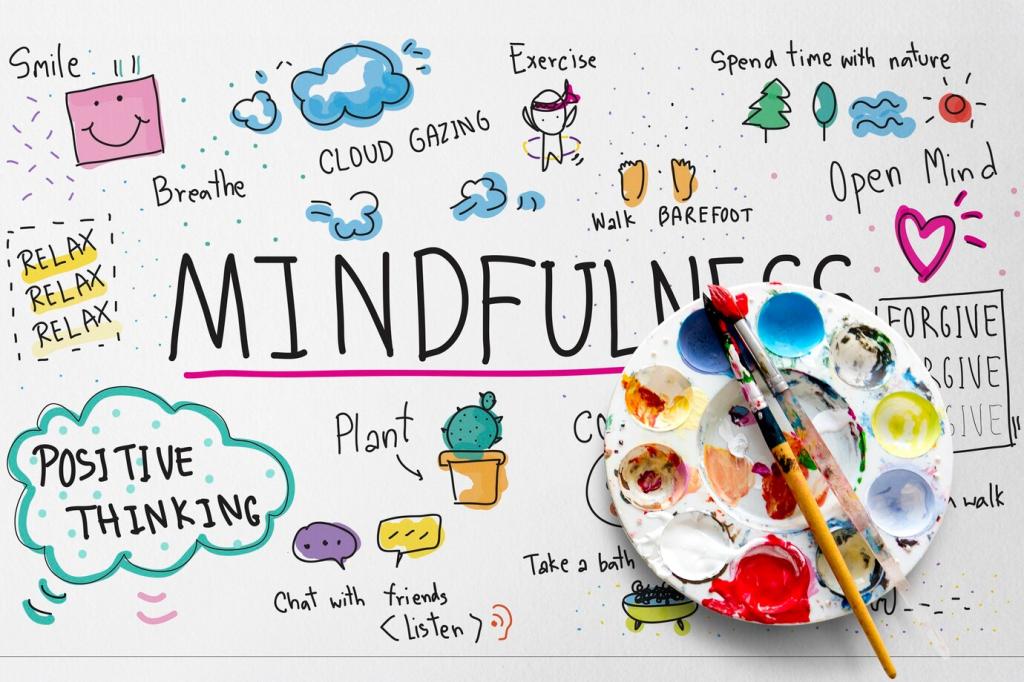Practices That Shift Mood and Build Resilience
Coherent breathing (about five to six breaths per minute) can stabilize heart rhythms and calm anxious spirals. Gentle pranayama like 1:2 exhale ratios soothes without overwhelm. Share your experience with breathwork and we’ll compile a community guide to beginner-friendly techniques.
Practices That Shift Mood and Build Resilience
Guided noticing, labeling emotions, and compassionate phrases help interrupt harsh inner narratives. Over time, attention becomes kinder and steadier. Comment with a phrase that comforts you during hard days; your words could support someone reading this tonight.




